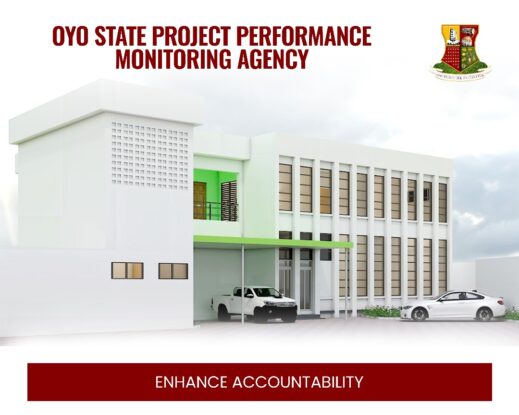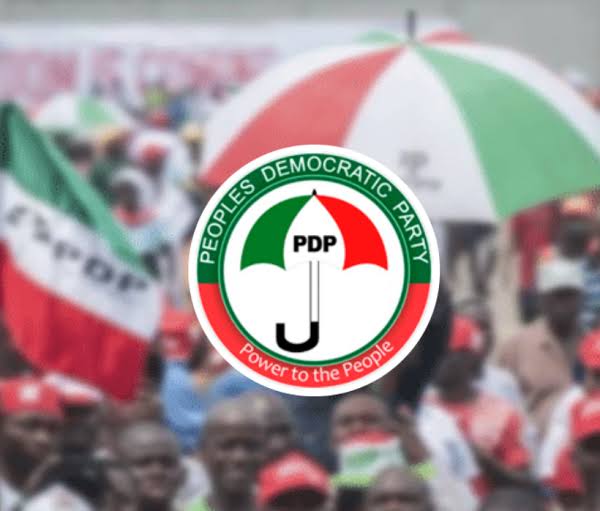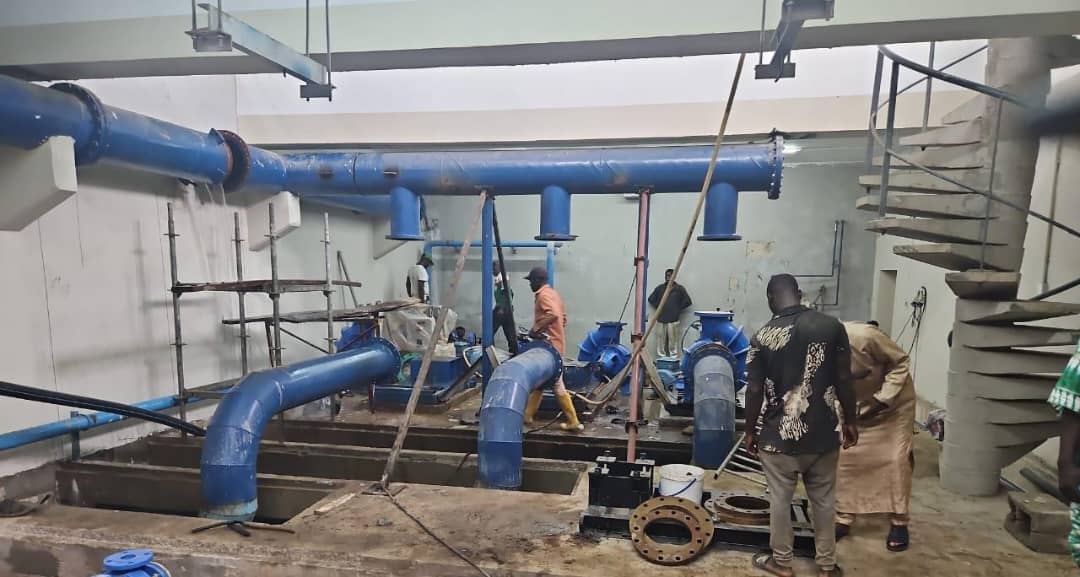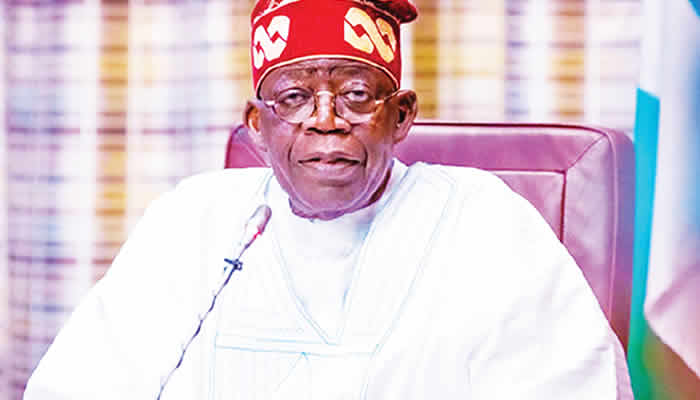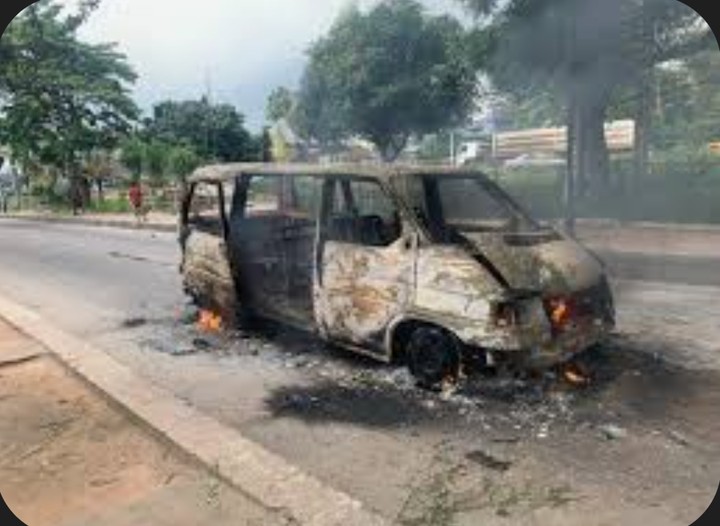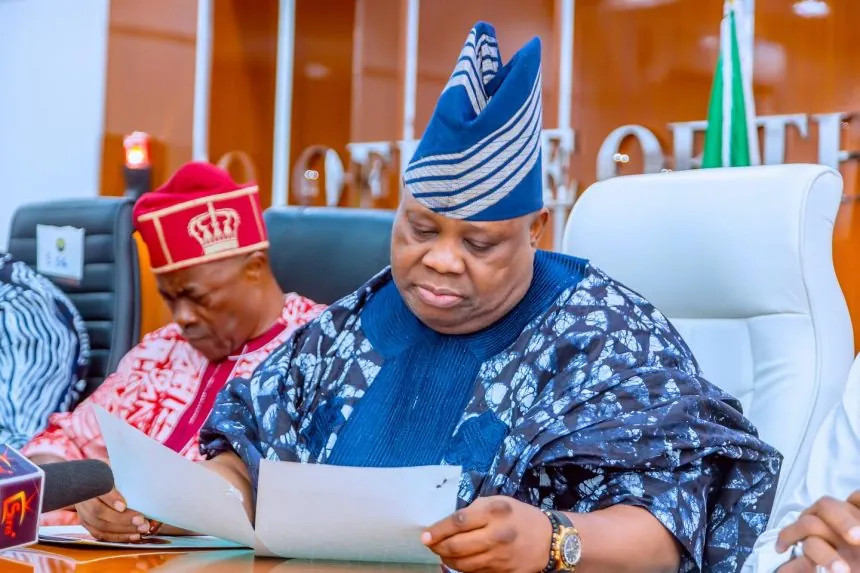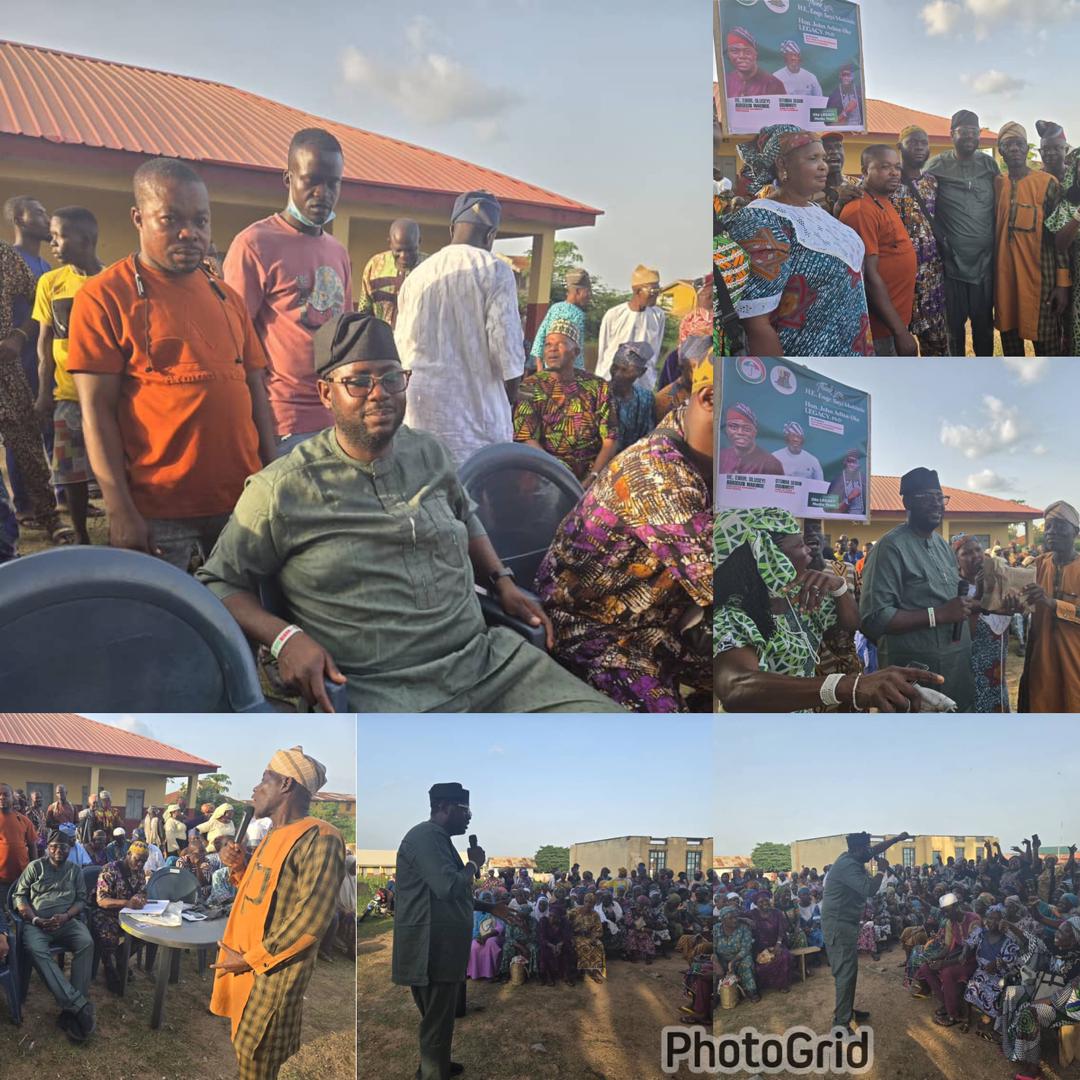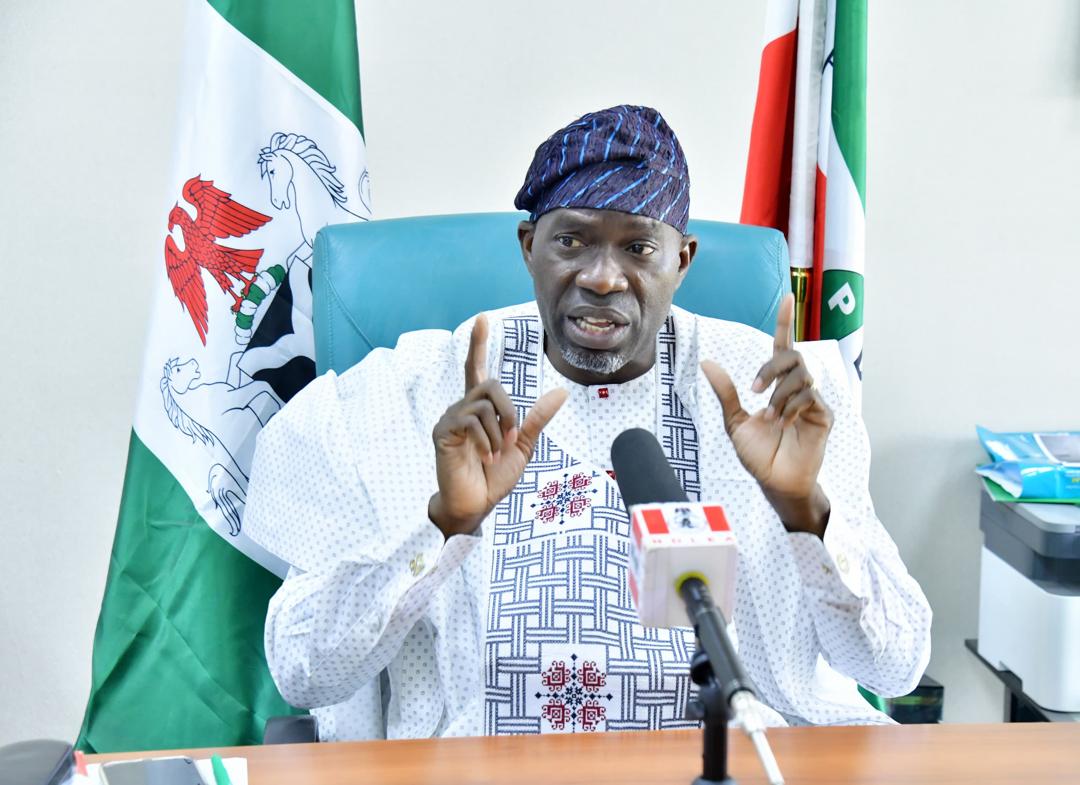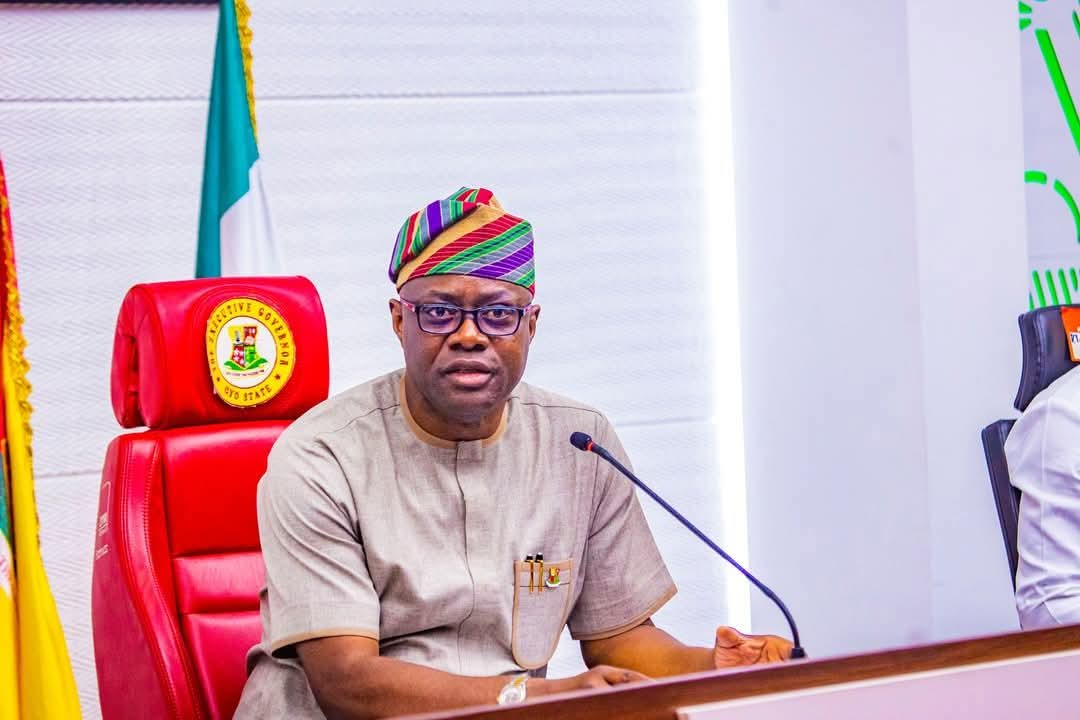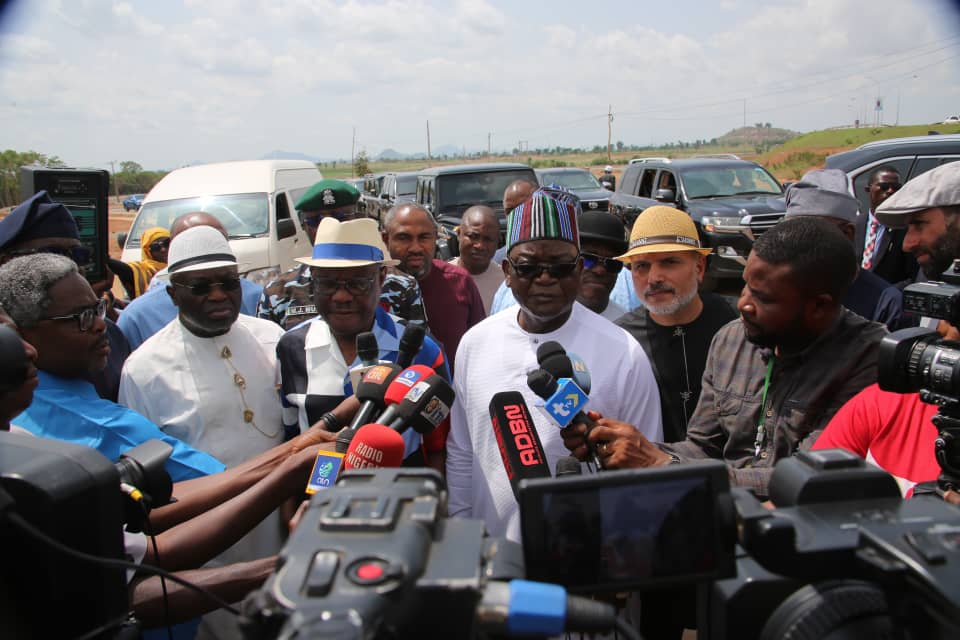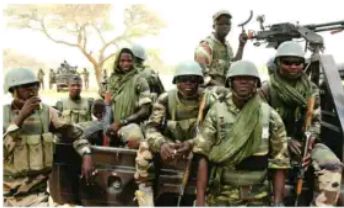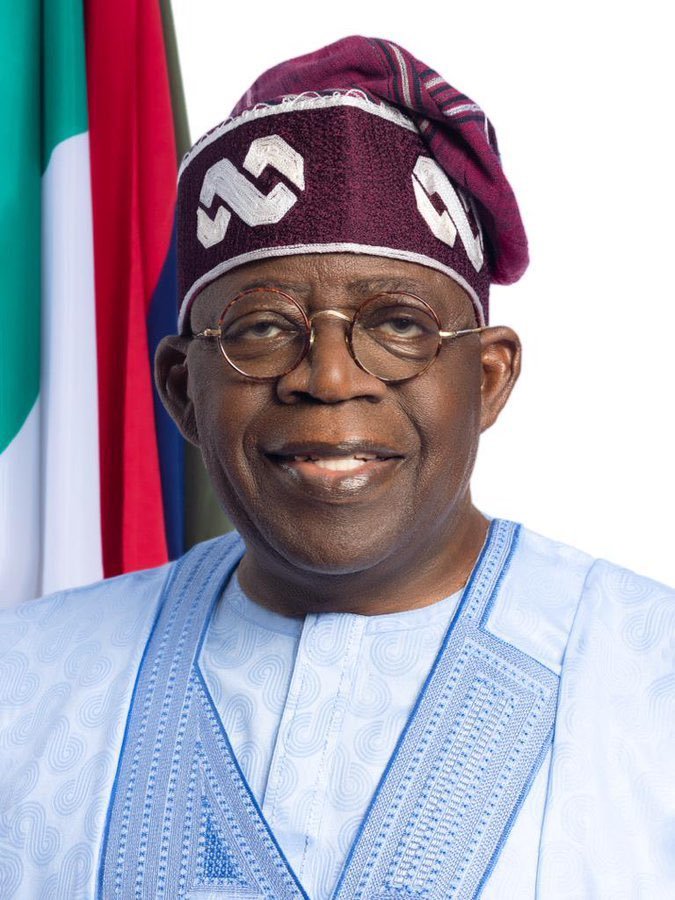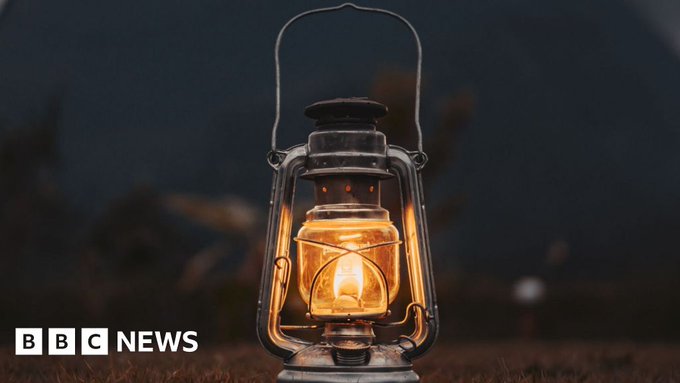Ghana Announces 3 Weeks Of Power Cuts Due To Reduction In Gas From Nigeria
Power cuts are expected to last another three weeks in parts of Ghana because of a shortage of supplies from Nigeria.
A statement from the state power firm said a temporary shutdown for maintenance works at an unnamed Nigerian gas supplier were to blame.
Ghanaians have endured years of regular power shortages and they even have their own nickname – “dumsor” – which means “on and off” in the Akan language.
Power demand has steadily increased over the past two decades, partly due to rapid urbanisation and population growth.
People in Togo and Benin are also suffering gas shortages, according to information in a statement from the West African Gas Pipeline Company (WAPCo).
“The current situation is entirely out of WAPCo’s control,” the company added.
To spread the available supplies as efficiently as possible in Ghana, the state-owned power firm says it will carry out load-shedding.
“We wish to assure the public that we are collaborating with other stakeholders… to ensure minimal impact of the reduction in gas supply on consumers,” Electricity Company of Ghana said on Thursday in a joint statement with the Ghana Grid Company.
The companies pledged to manage the disruptions effectively to ensure essential services were not interrupted throughout the period of reduced gas supply.
It comes barely two months after President Nana Akufo-Addo curbed electricity exports to Togo, Burkina Faso and Benin following supply challenges.
In recent years, power shortages have worsened as the country grapples with its worst economic crisis in a decade.
Private electricity suppliers are owed $1.6bn (£1.3bn) by the state power company, according to Elikplim Kwabla Apetogbor, the head of the organisation representing them.
Last July, they threatened to shut down operations over the arrears.
Ghana, one of the world’s biggest producers of both gold and cocoa, has in the last few years become heavily reliant on gas as a major source of energy for electricity generation.
The country gets much of its electricity from hydro and thermal sources, but these are often poorly maintained.

